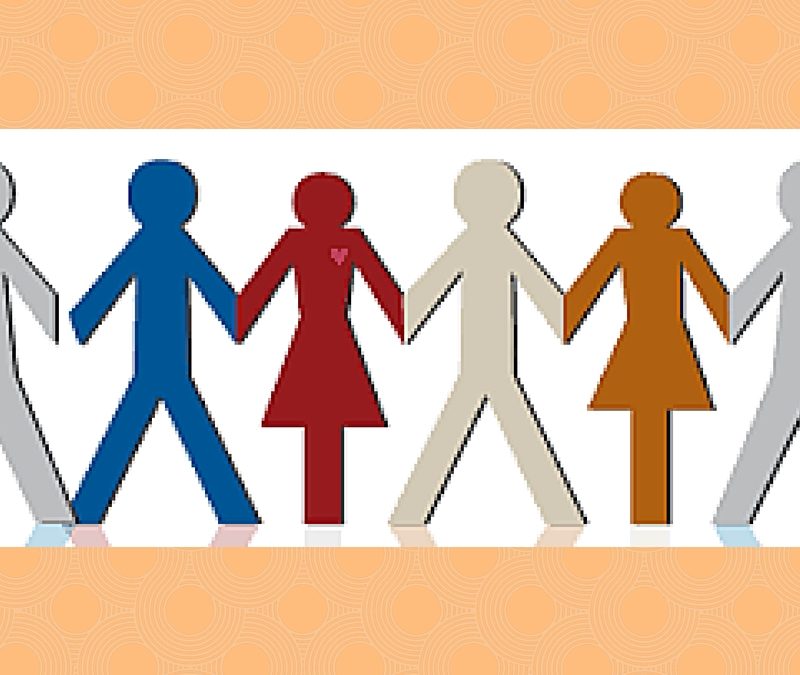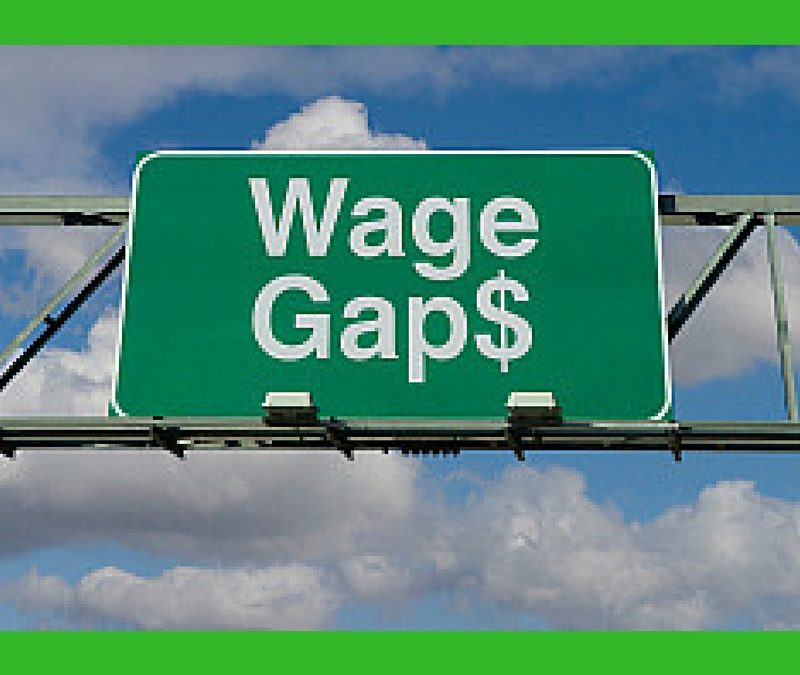Mar 5, 2017 | Uncategorized
NOTE: What follows was originally written in the run-up to Inauguration Day and prior to the Women’s Marches. The sheer numbers of men, women, children, queer, transgender that participated — worldwide — spoke for themselves. What we didn’t know at the time was how this galvanizing moment ultimately set the stage for an even bigger, more profound movement that is taking shape in real time. The impetus behind the marches — the fight for survival — is now magnified to global scale and hopefully will translate into a similar, powerful and peaceful cooperation. x The difference now, though, is that what was originally about survival is now also about character and conviction. Women led the way with a strong voice and strong numbers. Now it’s up to everyone, including Republicans and Republican lawmakers to raise their voices, be counted and resist. If we don’t, we’re complicit and ‘Never Again’ will be robbed of its passion and meaning. x Since Election Day, I (like so many other women) have been living in a state of almost paralyzing denial, fear and dread, despairing that — with the stroke of a pen — so much that’s been hard-fought-for and won will be obliterated. x But on Inauguration Day, the anticipation stopped, the new world order was ushered in and we all became players in a four-year reality media event writ large. January 20, 2017 changed the surreal to the real and we had a choice to make. We could keep wringing our hands or we can recognize the moment for what it is: a true inflection point in the struggle for...

Oct 12, 2016 | Uncategorized
A recent article in the Wall Street Journal offered compelling research that affirmed employers’ increasing demand for “soft skills” in today’s workplace, including — but not limited to — communication, organization and punctuality. x Their official findings? x “In a Wall Street Journal survey of nearly 900 executives last year, 92% said soft skills were equally important or more important than technical skills.” x But…and this is a big but… ’89% said they have a very or somewhat difficult time finding people with the requisite attributes. Many say it’s a problem spanning age groups and experience levels.’ x As a leadership consultant for many organizations and leaders across industries, this was, to me, old news, as I’ve been banging this drum, addressing and teaching/coaching/ preaching on this need for years. x The article, while curiously geared towards job seekers (just listing the skills on a resume doesn’t make it so) rather than employers, offers too pat a prescription for the long term health of an organization: glibly declaring that employers (finally ) see the value of these ‘soft’ skills and that applicants should now accommodate just by listing them on a resume does not equate to culture-changing or culture building initiatives. x Why? Because the approach is thin and, presupposing that these new hires actually have the desired skills, it couldn’t possibly scale fast enough. Perhaps clever tips for getting hired but insufficient for equipping an entire organization with the skills proven to be critical to creating a culture of innovation and productivity. Bottom line: forward-facing leaders can’t afford to passively hope these skills will defy gravity and trickle up. Instead, creating a lasting culture that places value on critical soft skills requires deliberate, consistent cultivation (through coaching and coordinated initiatives), mindful modeling...

Jul 21, 2016 | critical thinking, gender roles in business, women
Not long ago I spoke with the leader of a small professional firm about diversity and inclusion concerns within her organization. She — like many of her peers — are baffled at why their firm appears largely unchanged after implementing countless diversity programs and affinity groups, including one for women, another for the LBGT employees, another for African American employees and more. All well-intentioned efforts, but making little difference. Here’s why affinity groups aren’t working As the firm’s principal continued to lay out their affinity groups — connecting African American employees with other African American employees, connecting women with other women, and connecting LBGT employees with others like them — I thought of SeedsOfPeace.com. This is a program that sends teenagers from communities in conflict (i.e. Israeli teenagers and Palestinian teenagers) to camp together to build respect, relationships and leadership skills. Rather than continue in the silo-ed thinking so pervasive in corporate America today — and represented by these affinity groups that are entirely lacking diversity within— organizations would do well to follow the example of Seeds of Peace. It is always the cross-polination of ideas and respect — only born from relationship and interaction— that begins to erode the real enemy to corporate diversity and inclusion: unconscious bias. Affinity groups do the opposite, actually encouraging people to flock together in a group designed to eliminate diversity. Working further against true inclusion, these groups define members by their “qualifier:” woman, gay, black, instead of by their skills, interests, achievements or even corporate role. While strong relationships and unity are built within each affinity group, the divides between these groups...

Jun 30, 2016 | Uncategorized
It was recently reported that 28 high-profile companies have signed a White House pledge to tackle pay inequity within their own organizations. A mere twenty-eight out of how many American companies have pledged to address the pay inequity going on under their noses for decades… or more? While I’m happier to have the pledge from these companies than not, all the backslapping, self-congratulations and victory dances strike me as ridiculous, bordering on offensive. To begin with, the pay gap — or let’s call it by it’s rightful name, pay discrimination —is such old news that companies that have yet to rectify it by 2016 should be publicly scorned, not celebrated. And the fact that the Department of Labor — despite having the progressive-ish Carter, Clinton and Obama in the White House since the 1970s — is only now getting around to ‘updating’ its sex discrimination guidelines for the first time since then, only further begs the question: where has everyone been and what have they (not) been thinking??? And oh, by the way, in the post-gender era, why aren’t we broadening the conversation for an ‘all gender solution?’ While there’s much that should have and could have been done already, the onus here is not just on our elected officials, including Boards of public companies or C-suite executives. Instead — and to keep it simple for those leaders slow to catch on – let’s keep this binary for the moment — we women also have to bear some responsibility. It’s nice that the Federal Government is allocating $50m to both teaching community college students to negotiate for better starting wages and to improving the portrayal of women in the media, etc. Sadly, this will create a slow institutional turn, at best....

Jun 10, 2016 | Uncategorized
In a recent column in the New York Times, the author respond to a woman who was “hit on” while in line at a coffee shop and advises her regarding how she may turn this “come on” into a career-enhancing contact. While I acknowledge the Workologist’s optimism and more importantly, his humanism, his efforts are naive, tone deaf and grossly irresponsible, likely harming this woman’s career rather than promoting it. ‘Anonymous’ depicts a fairly common scenario encountered by women in business and while it’s harder to handle as a young career woman, it continues through the years regardless of age or seniority. In many cases, though, overtures like the one made by the ‘older man’ are less a function of age or seniority and much more a function of power. In my opinion as an executive coach who works with professional women up and down the pipeline and as a woman who has encountered such overtures both at the beginning of my career and in real time, I unequivocally say that this young woman should NOT — under any circumstances — pursue any kind of relationship with this man. Forget about a platonic relationship’s being, as the Workologist suggests, a ‘long shot;’ there is no platonic relationship worth pursuing here as his premise was not that: trying to transform social advances into professional advantage is simply a non-starter and a terrible idea. This is sexual politics and the power relationship was established at the get-go, with this man leveraging his age and presumed influence to ‘come on’ to this woman. In reality she wants something from this man which automatically keeps her at...




 Dani Ticktin Koplik —
Leadership consultant, executive coach, change agent and passionate professional development expert and speaker. You can learn more about Dani and her clients by visiting dtkBio page.
Dani Ticktin Koplik —
Leadership consultant, executive coach, change agent and passionate professional development expert and speaker. You can learn more about Dani and her clients by visiting dtkBio page. 